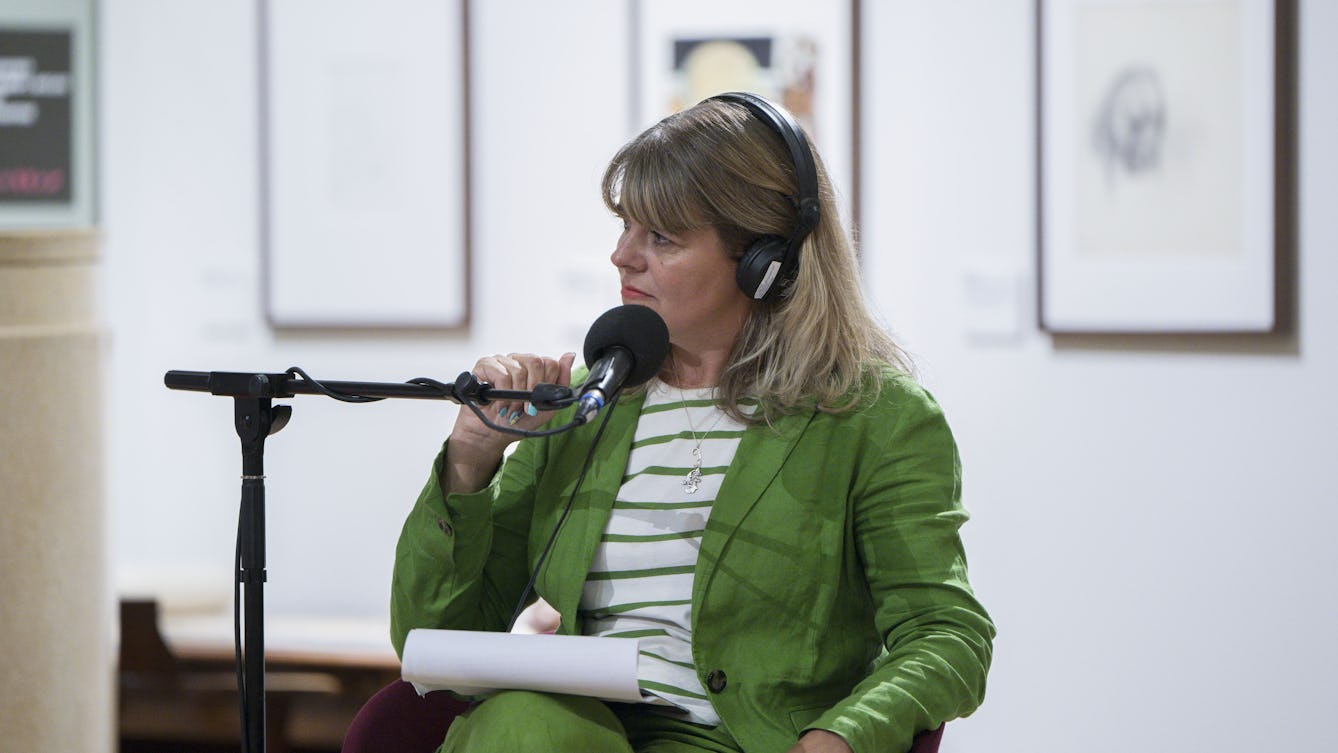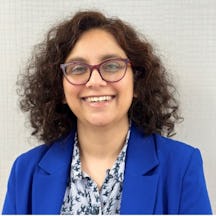What you’ll do
More than 50 per cent of women worldwide will develop a urinary tract infection (UTI) in their lifetime. For most the infection is mild, but it can become more serious by spreading into the kidneys and even leading to sepsis if improperly treated. In some cases infections can become chronic and last for months or even years.
Join Claudia Hammond and a panel of experts as they delve into the latest evidence on why UTIs are such a persistent and common health problem. They’ll discuss the current methods for treatment and what the future might hold for this burning problem in women’s health.
Claudia will present the evening and interview the speakers. Then the audience will have the chance to ask questions. You can participate or just listen in.
The event will be recorded and edited into a programme to be broadcast on the BBC World Service as part of ‘The Evidence’ series. After broadcast, episodes of 'The Evidence' will be available on the BBC website.




